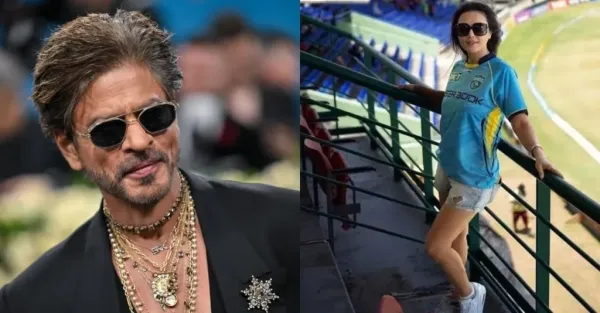78 years on, India can boast of many achievements. But none is more precious than the Constitution's promise of dignity for all. Yet, too many Indians remain out of its comforting and protective ring, thanks to bad governance and limp policies. Take Matheran, a hill town in Maharashtra, where hand-pulled rickshaws still ply as if the last 80-odd years never happened. Recently, the Supreme Court called the practice 'inhuman' and a betrayal of the very promises we made to ourselves at Independence. A bench led by CJI B R Gavai has given Maharashtra six months to end this relic of exploitation.
Many states banned hand-pulled rickshaws decades ago, replacing them with alternatives like cycle rickshaws. In 1973, the Tamil Nadu government marked CM K Karunanidhi's birthday on June 3 by pulling out hand-pulled rickshaws and gifting cycle rickshaws. In 2005, the Left Front government in West Bengal moved to ban hand-pulled rickshaws through Calcutta Hackney-Carriage (Amendment) Act 2006 - but failed to provide a rehabilitation plan. Later, TMC prepared one, but it too fell short. As a result, some hand-pulled rickshaws still shamefully operate, even as many ex-pullers may have been pushed out altogether due to the lack of state support to transition to cycle rickshaws, or newer e-rickshaws.
Maharashtra and other states where such rickshaws still ply must not drag their feet on the issue. With ample alternatives now available, and the right mix of financial support and upskilling for pullers, the transition is entirely feasible with minimum pain. The court's call is not just one to modernise a transportation system - it is an opportunity to prove that in 78-years-young India, progress and dignity of its citizens can move forward together.
Independence Day 2025
Before Trump, British used tariffs to kill Indian textile
Bank of Azad Hind: When Netaji gave India its own currency
Swadeshi 2.0: India is no longer just a market, it’s a maker
Maharashtra and other states where such rickshaws still ply must not drag their feet on the issue. With ample alternatives now available, and the right mix of financial support and upskilling for pullers, the transition is entirely feasible with minimum pain. The court's call is not just one to modernise a transportation system - it is an opportunity to prove that in 78-years-young India, progress and dignity of its citizens can move forward together.








